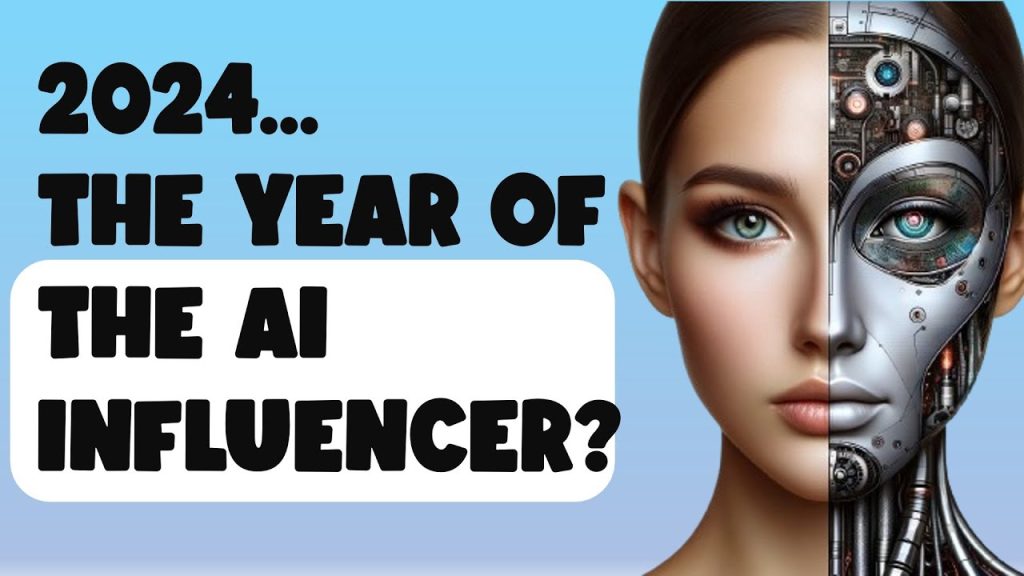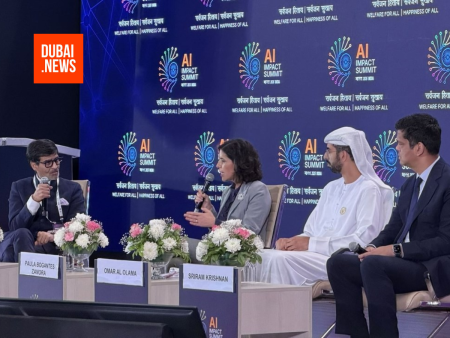What To Know
- The future of AI influencers is optimistic along with many challenges, therefore I agree with the opinion of… These digitally generated avatars are expected to blend more into the lives of consumers as people go through their everyday routines not only in the domain of marketing but even in the private and leisure spheres.
- Thus, the AI influencers have steered a large and strong position in the contemporary digital marketing landscape in the course of the recent few years.
- AI is getting major adoption in influencer marketing where these virtual entities are being incorporated into the brands’ marketing mix in a bid to design engaging experiences and improve on the overall customer experiences.
Thus, the AI influencers have steered a large and strong position in the contemporary digital marketing landscape in the course of the recent few years. Such paradigms such as these personas are created by the enhanced ML systems to produce completely new marketing opportunities but also with ethical tests.
The Genesis of The Organization: The Present Status
The idea of AI influencers with digital or synthetic beings began with Lil Miquela in 2016 created by a firm known as Brud based in Los Angeles. The fully CGI character known as Miquela, created specifically to resemble a 19-year-old girl, since then has had millions of followers and worked for brands such as Prada, Calvin Klein, and BMW. Currently, AI influencers can be found on the most popular platforms such as Instagram, Twitch, and Youtube where they interact with consumers in differing media.
Growth and Evolution Mechanical as the Year 2024
Influencers in the AI space remain prevalent in 2024; for instance, ChatGPT received the most user interactions on its product launch. AI is getting major adoption in influencer marketing where these virtual entities are being incorporated into the brands’ marketing mix in a bid to design engaging experiences and improve on the overall customer experiences.
Responsibility for the Customers and the Market
Although influencer marketing with the help of AI can bring uniqueness to the process of branding, it opens a number of ethical issues. Concerns like the following are some of the challenges researchers face: The question of whether the content is real or fake, whether it is neutral or contains a bias, and whether it affects other influencers who are humans. Many firms, including Levi’s, have been called out for using AI influencers to capitalize on the Diversity & Inclusion movement while secretly hiding the true motives behind the campaign.
Future Prospects
The future of AI influencers is optimistic along with many challenges, therefore I agree with the opinion of… These digitally generated avatars are expected to blend more into the lives of consumers as people go through their everyday routines not only in the domain of marketing but even in the private and leisure spheres. However, the industry will have to find solutions to the ethical issues arising from AI influencer campaigns and must guarantee that the campaigns invented are ethical.
AI influencers as an industry is still growing and progressing, combining technical advancements with various aspects of marketing automation. As exhibited by such industry giants as Sephora and Macy’s, they present opportunities for enhanced customer involvement but come with the risks of authenticity dilemmas and unethical processes. Therefore, brands that aim to use AI-influencers must consider these aspects to ensure this technology is used effectively too much attention is desired when a brand seeks to integrate this technology appropriately, considering the expectations of the populace when they pursue the ultimate goal of building a stronger brand.










